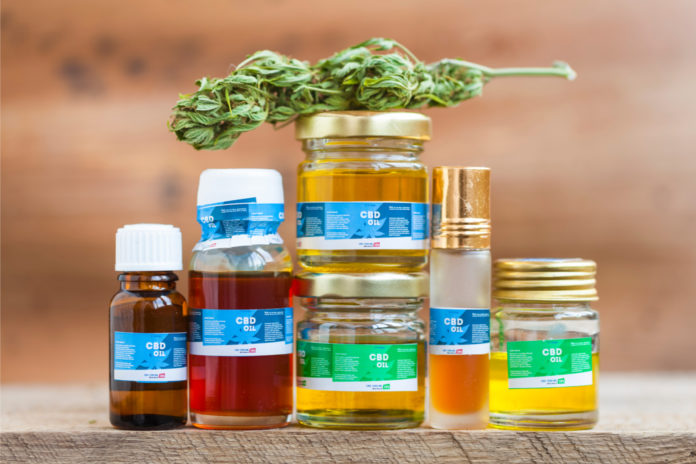WASHINGTON, D.C. – The first ever public Food and Drug Administration (FDA) hearing on CBD regulations was held Friday.
At the meeting, FDA officials heard from dozens of people, including CBD advocates as well as opponents of legalization. There were mothers claiming cannabis drove their children to take their own lives as well as patients expressing their need for safe access to relief through CBD. There were also industry advocates seeking answers about how they can legally run their businesses, and of course, skeptical FDA officials. There was one common thread linking all the meeting’s participants—the apparent need for a clear set of regulations on CBD.
“While we have seen an explosion of interest in products containing CBD, there is still much that we don’t know,” Acting FDA Commissioner Ned Sharpless said.
Although Sharpless made no assurances that answers will soon be on the way, some industry advocates feel CBD has already demonstrated its ability to serve as a safe medication.
“The bottom line is this—an overwhelming preponderance of evidence indicates that cannabis and cannabis-derived compounds present minimal health and safety concerns,” NCIA Policy Director Andrew Kline said in a statement.
Kline is concerned further delays in regulation could be problematic, especially considering the fact that CBD products are readily available throughout the country.
“Time is of the essence,” Kline continued. “Hemp-derived CBD products are in very high consumer demand and the industry is eagerly awaiting FDA’s regulatory framework for these products. We strongly recommend that FDA act quickly to clarify the regulatory environment because there is significant confusion in the market.”
NORML called for regulation in order to ensure consumers are receiving safe products.
“The rapidly evolving hemp-derived CBD marketplace sadly includes a number of bad faith actors selling the equivalent of modern-day snake-oil,” said NORML Political Director Justin Strekal. “With states rapidly legalizing the distribution of these products, consumers require certainty and consistency when it comes [to] what they ingest.
“Now it is time for the FDA to craft benchmark safety and quality standards for hemp-derived CBD products in order to increase consumer satisfaction and confidence as this nascent industry transitions and matures into a legal marketplace,” Strekal continued.
The FDA has approved one CBD based medication, Epidiolex. While many at the hearing urged the FDA to make quick decisions, the maker of Epidiolex, Greenwich Biosciences, urged caution against rushing to craft CBD regulations.
“The FDA approval process is the only way to answer important questions about a drug, about the disease it seeks to treat, and safety considerations that are unique to the patient who will take the drug,” said Alice Mead, Greenwich Biosciences vice president of U.S. professional relations. “For example, no one knew CBD was potentially toxic to the liver until we conducted clinical and preclinical studies. To answer such questions, we’ve spent the past twenty years researching this plant.”
The average cost to develop an FDA approved drug and bring it to market is $2.6 billion. Greenwich Biosciences could be trying to recoup some of its investment. Its price tag for Epidiolex is staggering. A year’s worth of treatment costs over $32,000 while a year supply of CBD products available in stores, dispensaries, and online, is a fraction of that price. Currently, Epidiolex has no federally legal competition.
Despite Greenwich Biosciences serving as a flawed narrator for a theme of wait and see, the industry does have a responsibility to step up its game. FDA questions to producers about whether or not CBD has any psychoactive potential, what the minimum age for consumption should be, or what exactly “full spectrum” means, did not elicit adequate responses.
While advocates may have to do a bit more homework, it is not a tenable position to put these questions on the industry. If cannabis research was not blocked by federal authorities for decades, then the industry could be asking the FDA, the agency responsible for such answers, for input and not the other way around.


